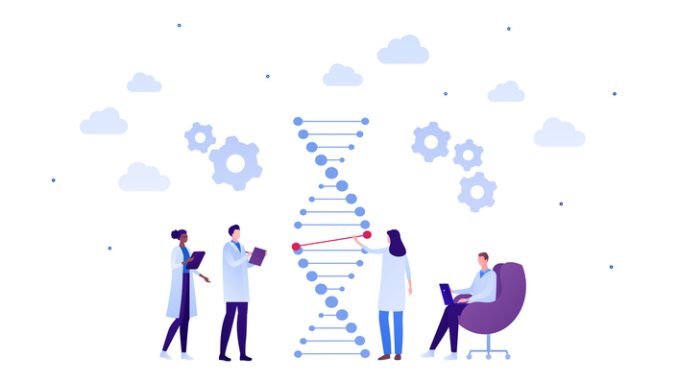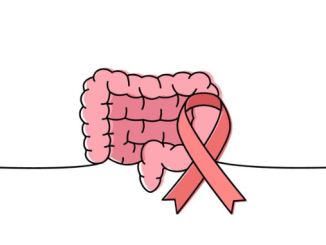As reported by NHS England, tens of thousands with Jewish ancestry will undergo genetic testing for BRCA gene faults, as the NHS initiates a programme aiming to detect and prevent cancers early, significantly impacting survival rates
With plans to identify thousands more people carrying faults in the BRCA genes over the next 2 years so they can seek early access to surveillance and prevention services, the testing programme is part of the NHS’s major drive to catch tumours early when they are easier to treat.
BRCA refers to 2 genes, BRCA1 and BRCA2, which repair DNA damage and normally help to protect against cancer. Some individuals are born with a fault in one of these genes, and this increases their likelihood of developing certain cancers, including breast, ovarian, prostate and pancreatic cancer.
People with Jewish ancestry are around 6 times more likely to carry such genetic faults than the general population.
The new national NHS Jewish BRCA Testing Programme will see anyone over the age of 18 with Jewish ancestry offered a simple genetic saliva test to look for the presence of BRCA1 or BRCA2 faults.
The saliva samples will be carried out at home and then be sent to labs for testing.
During the pilot phase of the programme, thousands of people have already come forward for testing and the national roll-out will see around 30,000 people tested over the next 2 years.
People with at least one Jewish grandparent can register for a saliva kit to be sent to their home address by visiting: https://jewishbrca.org/
Charities Jnetics and Chai Cancer Care have been running an engagement campaign to help raise awareness in Jewish communities and encourage a significant number of men and women with Jewish ancestry to come forward for a free test.
Peter Johnson, National Clinical Director for Cancer at NHS England said: “BRCA testing for the people most at risk has the potential to save lives, by allowing them to take steps to reduce the chance of cancers developing or making sure that any cancer can be detected as early as possible, with those at increased risk able to take advantage of surveillance and prevention programmes with their health teams.
“We know it can be daunting finding out whether or not you have an altered BRCA gene, and some people may feel they’d rather not know, but finding out early means people can get the support they need from the NHS.
“We want as many people as possible to take advantage of this testing programme, so please do come forward for a simple saliva test if you are eligible – most people won’t have an altered gene, but if you do, the NHS can provide you with further testing, surveillance or treatment as early as possible.”
Baroness Delyth Morgan, chief executive of Breast Cancer Now, said: “This innovative new programme could help save more lives from cancer and we’d encourage anyone eligible to take up the testing offer.
“Crucially, identifying more people at increased risk of breast cancer due to BRCA gene alterations will help empower them with the knowledge and opportunity to take action to reduce their risk of developing the disease and increase the chances of an early diagnosis.
“This must go hand-in-hand with support. We know that finding out you have an increased risk of breast cancer, because of a family history or an altered gene, can be a worrying time and there is support available. You can speak to our expert nurses on our free helpline, on 0808 800 6000.”
Having an altered BRCA gene does not mean someone will definitely develop cancer in their lifetime, but being aware of their significantly increased risk can enable them to receive support from the NHS and consider a range of options including regular screening, lifestyle changes, risk-reducing surgery or medicines to help lower their risk.
The NHS is seeing and treating record numbers of people for cancer, with 30% more people being treated last year than in 2015/16 and almost 3 million people receiving potentially lifesaving cancer checks in the last 12 months, ensuring more people have been diagnosed at an early stage.
Diagnosing cancers earlier saves lives and the NHS continues to roll out innovations to catch cancers early when treatments are more likely to be successful.
The hugely successful NHS targeted lung health check programme – where mobile trucks offer lung checks at shopping centres and supermarket car parks in the heart of communities – has now diagnosed over 3,000 people with lung cancers, three quarters at stage one or two.



Be the first to comment